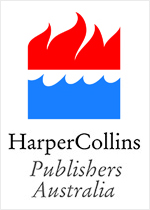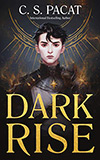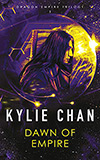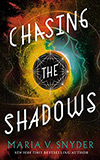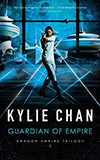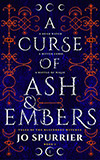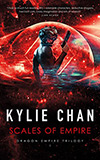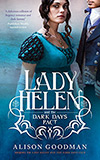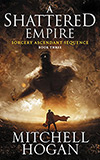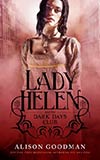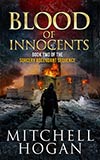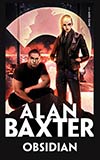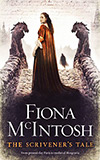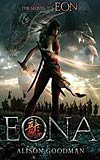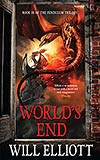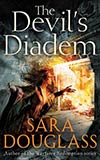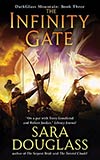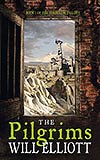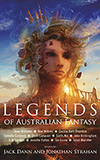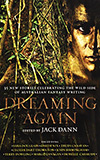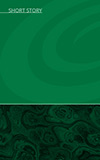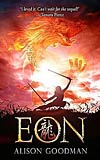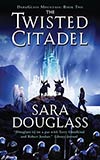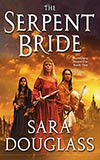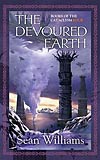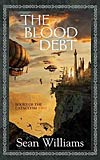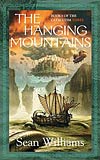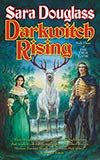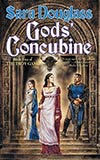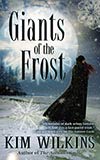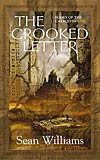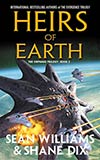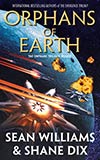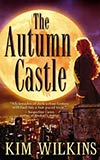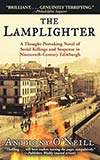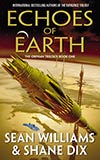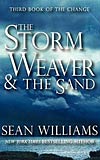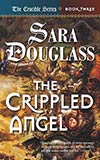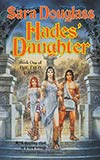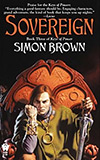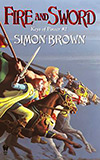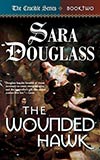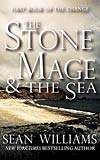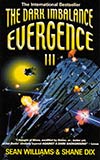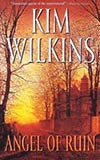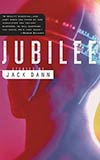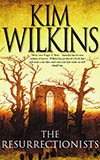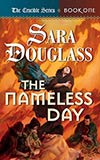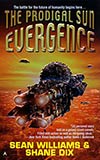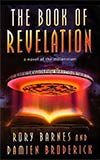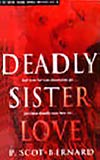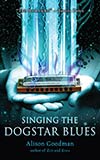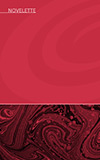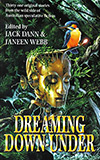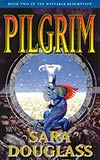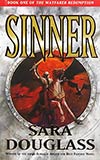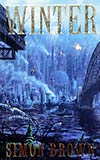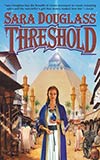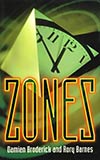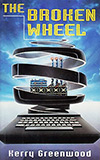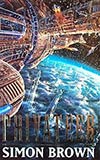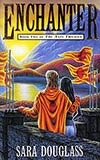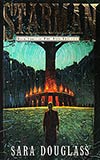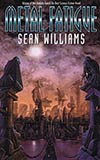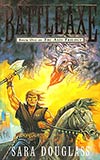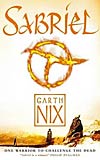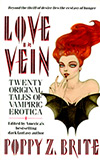Upgrade to a better browser, please.
HarperCollins Australia
| Founded: |
1888 |
| Founded by: |
David Angus and George Robertson |
| Location: |
Lvl 13, 201 Elizabeth Street
PO Box A565, NSW, 1235
Sydney, New South Wales 2000
Australia |
| Titles/Circulation: |
|
| Links: |
|
History
HarperCollins occupies a unique place in Australian and New Zealand publishing. In both nations we are the oldest publisher – with a heritage dating back to the bush ballads and school books of the late nineteenth century – and the most forward thinking in terms of our transition to the global digital world of today.
Through the decades, our publishing has been distinguished by a commitment to quality and creativity plus an innate understanding of what Australians and New Zealanders want to read and how. Authors and their work have always been at the heart of our company – without authors there would be no HarperCollins. Publishing is a highly collaborative business: everyone in the company contributes in some way to maximising our author’s work.
Our company has an equally long heritage globally and indeed today we are able to work more closely than ever before with colleagues around the world to ensure that our local titles are exploited internationally. The modern-day HarperCollins Publishers was founded in 1989 by the amalgamation of three proud publishing houses – Harper & Row (founded in New York in 1817), William Collins (founded in Glasgow in 1819) and Angus & Robertson (founded in Sydney in the 1880s).
Australia
The Australian story began in 1882 when a sickly young Scotsman, David Mackenzie Angus, arrived in Sydney in the hope that the climate would improve his health. By 1884, he had saved £50 working as a bookseller and was able to open his own secondhand bookshop, where he was joined by a fellow Scotsman George Robertson. Angus & Robertson the bookshop branched into publishing in 1888 with the release of a slim collection of poetry A Crown of Wattle by H. Peden Steele. In 1890, with business booming, it moved to bigger premises at 89 Castlereagh Street, and these offices became a vital part of Australia’s literary life. The first bestseller was A.B. ‘Banjo’ Paterson’s The Man From Snowy River, which sold 5000 copies in its first four months in 1895 and is still in print (and recited often, sometimes drunkenly, by Australians today).
David Angus and George Robertson’s spirit and flair for publishing Australian books for the Australian market saw them discover and promote the most famous names in Australian literature and proved that our writers did not need to go overseas, or get the imprimatur of publishers in London or New York, to make their name.
In May 2009, HarperCollins took over the responsibility for the ABC Books business, which brought us into close partnership with the national broadcaster. The ABC imprint, publishing non-fiction and children’s books, has a distinct identity in line with the broadcaster’s mission to inform, educate and entertain.
New Zealand
In New Zealand, the first publishing foray began in the late 1880s when the Glasgow-based company William Collins decided to start manufacturing school books in the local market instead of shipping them across the world. In 1889, orders for the top seven titles totalled over 91,000 copies – the equivalent of one Collins book for every school child in the tiny education-focused nation. By 1908, with business booming, the company built eight-storey premises in Wyndham Street, Auckland – the tallest building in the city at the time. Between 1904 and 1924, sales increased by an amazing 60 per cent as school book and stationery sales were overtaken by fiction and nonfiction after World War I and bestselling international crime writers were signed to William Collins in the UK. Local editions were printed in Dunedin to feed this early publishing phenomenon, while regular visits from the personable company patriarch ‘Billy’ Collins kept links with the home company alive. During World War II Collins launched its first truly New Zealand titles.
HarperCollins today
Today HarperCollins produces print and e-books, generally simultaneously, and was one of the first Australian publishers to turn much of the deep backlist into e-books to broaden the life of a book. Short-run digital printing and print on demand technology are used to keep books available in print, while the Harper 360 program exports print editions directly into the US and the UK. Our rights manager sells translation rights to our authors’ books in countries as diverse as Germany, Brazil, Poland and Korea; our books are regularly recognised in literary, design and production awards.
Works in the WWEnd Database
| 2021 |
 |
|
|
|
| 2020 |
 |
|
|
|
| 2019 |
 |
|
|
|
| 2019 |
 |
|
|
|
| 2018 |
 |
|
|
|
| 2018 |
 |
|
|
|
| 2017 |
 |
|
|
|
| 2016 |
 |
|
|
|
| 2015 |
 |
|
|
|
| 2014 |
 |
|
|
|
| 2015 |
 |
|
|
|
| 2014 |
 |
|
|
|
| 2014 |
 |
|
|
|
| 2014 |
 |
|
|
|
| 2012 |
 |
|
|
|
| 2011 |
 |
|
|
|
| 2011 |
 |
|
|
|
| 2011 |
 |
|
|
|
| 2011 |
 |
|
|
|
| 2010 |
 |
|
|
|
| 2010 |
 |
|
|
|
| 2010 |
 |
|
|
|
| 2009 |
 |
|
|
|
| 2008 |
 |
|
|
|
| 2008 |
 |
|
|
|
| 2008 |
 |
|
|
|
| 2008 |
 |
|
|
|
| 2007 |
 |
|
|
|
| 2006 |
 |
|
|
|
| 2006 |
 |
|
|
|
| 2006 |
 |
|
|
|
| 2005 |
 |
|
|
|
| 2005 |
 |
|
|
|
| 2005 |
 |
|
|
|
| 2005 |
 |
|
|
|
| 2005 |
 |
|
|
|
| 2004 |
 |
|
|
|
| 2004 |
 |
|
|
|
| 2004 |
 |
|
|
|
| 2004 |
 |
|
|
|
| 2003 |
 |
|
|
|
| 2003 |
 |
|
|
|
| 2004 |
 |
|
|
|
| 2002 |
 |
|
|
|
| 2003 |
 |
|
|
|
| 2003 |
 |
|
|
|
| 2002 |
 |
|
|
|
| 2002 |
 |
|
|
|
| 2002 |
 |
|
|
|
| 2001 |
 |
|
|
|
| 2001 |
 |
|
|
|
| 2002 |
 |
|
|
|
| 2001 |
 |
|
|
|
| 2001 |
 |
|
|
|
| 2001 |
 |
|
|
|
| 2001 |
 |
|
|
|
| 2000 |
 |
|
|
|
| 2000 |
 |
|
|
|
| 2000 |
 |
|
|
|
| 2000 |
 |
|
|
|
| 1999 |
 |
|
|
|
| 2000 |
 |
|
|
|
| 1999 |
 |
|
|
|
| 1999 |
 |
|
|
|
| 1998 |
 |
|
|
|
| 1998 |
 |
|
|
|
| 1998 |
 |
|
|
|
| 1998 |
 |
|
|
|
| 1998 |
 |
|
|
|
| 1997 |
 |
|
|
|
| 1997 |
 |
|
|
|
| 1997 |
 |
|
|
|
| 1997 |
 |
|
|
|
| 1997 |
 |
|
|
|
| 1996 |
 |
|
|
|
| 1996 |
 |
|
|
|
| 1996 |
 |
|
|
|
| 1996 |
 |
|
|
|
| 1996 |
 |
|
|
|
| 1995 |
 |
|
|
|
| 1995 |
 |
|
|
|
| 2005 |
 |
|
|
|
| 1990 |
 |
|
|
|
|
Authors Published
• Sara Warneke
• Sean Williams
• Shane Dix
• Jack Dann
• Kim Wilkins
• Alison Goodman
• Simon Brown
• Alan Baxter
• Kylie Chan
• Will Elliott
• Keith Barnes
• Damien Broderick
• Mitchell Hogan
• P. Scot-Bernard
• Keith Stevenson
• Janeen Webb
• Fiona McIntosh
• C. Pacat
• Paul Collins
• Kerry Greenwood
• Andrew Whitmore
• Melissa Brite
• Margo Lanagan
• Garth Nix
• Martin Greenberg
• Maria Snyder
• Jonathan Strahan
• Jo Spurrier
• Devon Monk
• Anthony O'Neill
• Cherry Grimm



















 Full Details
Full Details


